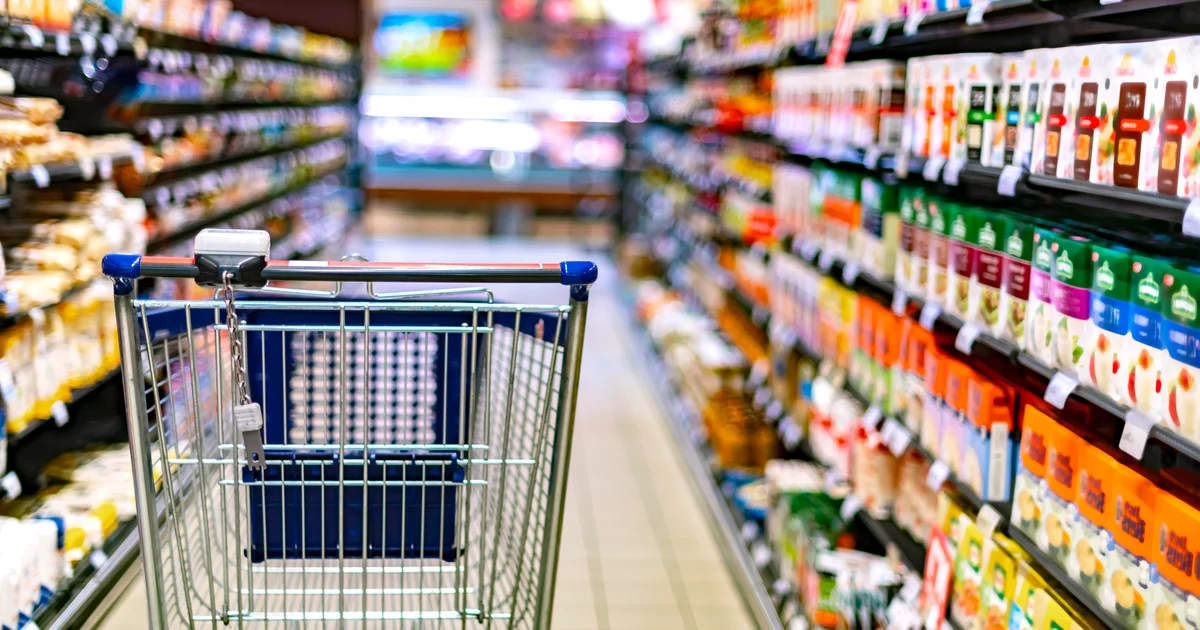Copyright CBS News

The Trump administration will use contingency funds to issue partial Supplemental Nutrition Assistance Program (SNAP) payments for the more than 40 million people who rely on the food assistance program. This comes after two federal judges ruled on Friday that the federal government must use the funds to provide benefits during the government shutdown. As of today, 1.4 million Michiganders rely on SNAP benefits. There is about $4.6 billion in the U.S. Department of Agriculture's contingency fund that can be used, but it is not enough to cover the $9 billion needed to fully fund the program. Officials say the government has been ordered to issue payments by Wednesday. "This would be a fairly short gap. But as you can imagine, there are senior citizens, millions of senior citizens, millions of families with kids who are probably pretty panicked right now and wondering what's going on," said H. Luke Shaefer, professor of Social Policy & Social Justice at the University of Michigan. Now the question is, will people get their money on Wednesday? "It has to be distributed to the 50 states, plus DC, plus territories have to deliver those benefits directly to folks. So you're talking about a lot of different levels of government, and this is part of what I think everyone was worried about, that these different levels of government don't just turn on a dime," Shaefer said. According to a food insecurity expert, any disruption in SNAP benefits can have a ripple effect. "It benefits local businesses, it benefits grocery stores, it benefits farmers. So not only are people then going to be having to make decisions about food versus rent versus other necessities like diapers. It also removes that money from our community," said Carmel E. Price, professor of Sociology, University of Michigan-Dearborn. Experts say nearly 40% of SNAP beneficiaries are kids and teens. They say that with limited access to nutritional food, education may suffer. "This is huge for learning. You can't learn if you're hungry. And then it's huge for our physical health and our mental health, and then things like behavior and absenteeism," Price said. Social policy experts say that with only partial payments in play, it's still unclear how big an impact this will have in the future. "I think this is just going to have to be a day-by-day situation," Shaefer said. CBS News Detroit reached out to the Michigan Department of Health and Human Services, the agency that distributes SNAP benefits at the state level. A spokesperson says they are still waiting for more direction from the USDA.



